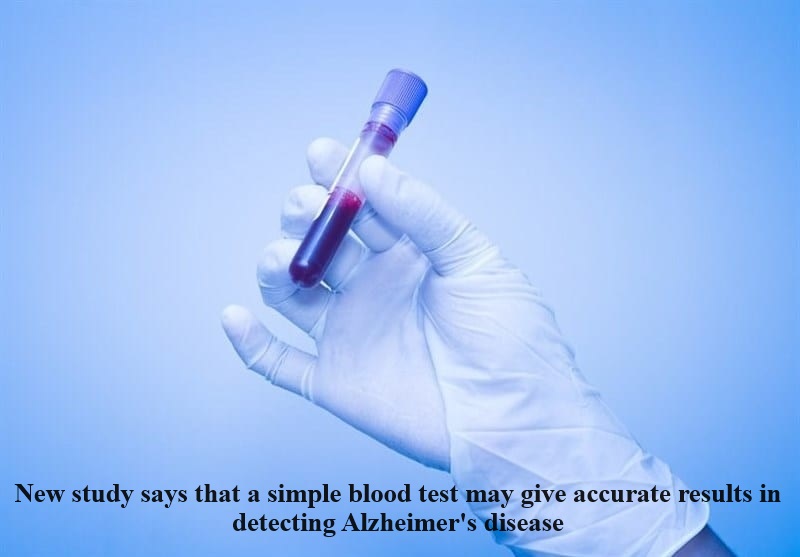
Alzheimer’s disease can have profound impacts on both patients and their loved ones, with cognitive decline and neurodegeneration posing significant challenges as the disease advances. Traditional methods for detecting Alzheimer’s involve expensive brain scans or painful lumbar punctures. However, a recent study suggests that a simple blood test may offer results as accurate as those from conventional methods in determining the presence of Alzheimer’s disease, and notably, this blood test is already available in the market.
Published in the journal Jama Neurology on January 22, the study addresses the challenges in accessing medications for Alzheimer’s in some countries, where patients are required to demonstrate the accumulation of amyloids in their brain to qualify for treatment. Amyloid accumulation serves as one of the indicators of Alzheimer’s disease.
Dr. Nicholas Ashton from Gothenburg University, the first author of the study, emphasizes the difficulty of performing spinal taps and brain scans on a global scale. The blood test presents a compelling solution to this challenge, offering significant potential for widespread use.
The study identifies the protein p-tau217 as a biomarker for Alzheimer’s, meaning the presence of this protein can inform a doctor’s diagnosis regarding whether a person has Alzheimer’s disease. The simplicity and accessibility of the blood test make it a promising tool in the diagnosis and management of Alzheimer’s, providing an alternative to more invasive and resource-intensive methods.

Post Your Comments